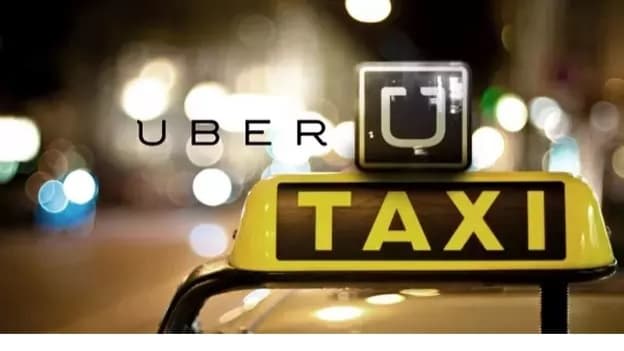Uber grants employee status to UK drivers

Uber announced on March 16 that it is granting employee status to over 70,000 drivers across the UK with effect this week, slightly less than a month after the Supreme Court ruled that the ride-hailing company must treat its drivers as workers and not self-employed independent contractors as it has historically argued.
As employees, the thousands of drivers in the UK will be entitled to the national living wage of at least £8.91 per hour (US$12.37), benefits including paid leave and a pension, and employment rights such as break times and collective bargaining. They will not be considered full-time employees, however, and the ruling has not explored whether their wages will be entirely fixed or retain the variable component that makes the work potentially lucrative for some. Uber has claimed that drivers in the UK can make between £14-17 per hour depending on their location.
The ruling that forced this change dates back to a claim brought in 2016 by a group of 20 Uber drivers, which the company appealed for the next four years only to lose at every stage.
Uber has been fighting in multiple countries to keep its drivers considered self-employed for years, claiming that flexibility is more important to them than social protections such as employment rights or employee benefits. Detractors claim that the company is simply trying to suppress its costs and avoid paying taxes on transport fares earned.
Other countries, primarily in the European Union, have already forced Uber and other tech companies to start treating their gig workers as employees. Legislators in Spain and Italy targeted food delivery businesses such as UberEats and Deliveroo, while the state of California in the US, more ambitiously, went for the entire sector with a law specifically targeting the relationship between gig economy companies and workers.
The US law ultimately failed, though, as Uber and other gig companies—Postmate, Lyft, and DoorDash—banded together to first sue for exemption from the bill, then launch a public ballot to get them exempted. The companies lost the lawsuit but won the ballot, meaning that Uber's US drivers are unlikely to see the same rights and benefits as their UK counterparts any time soon.
















